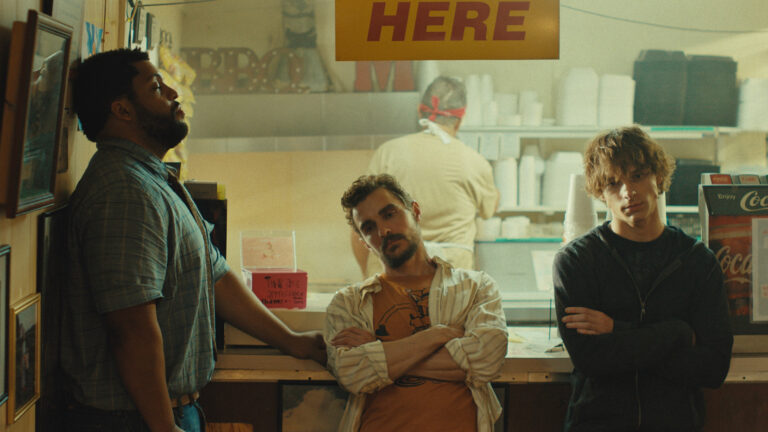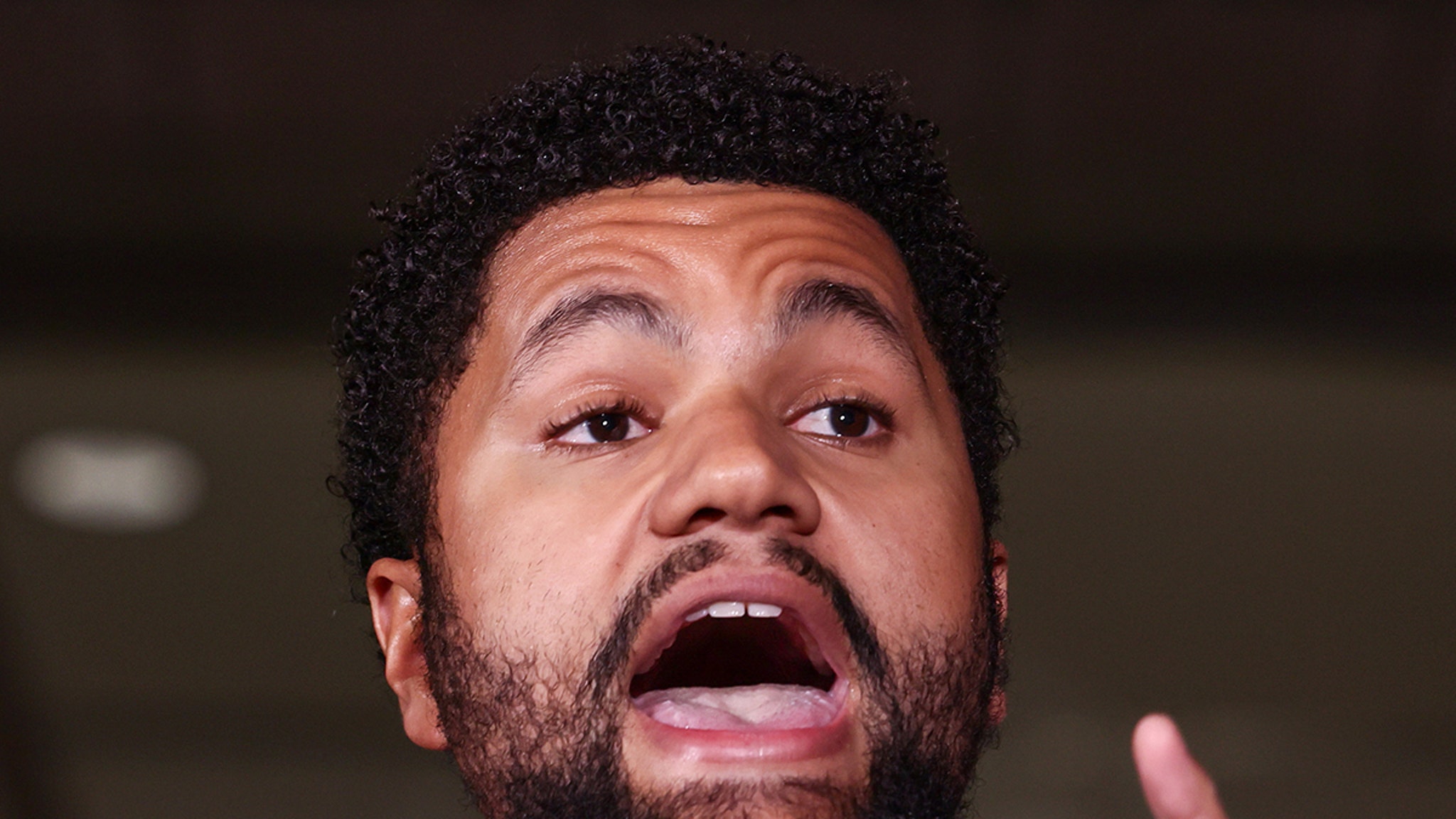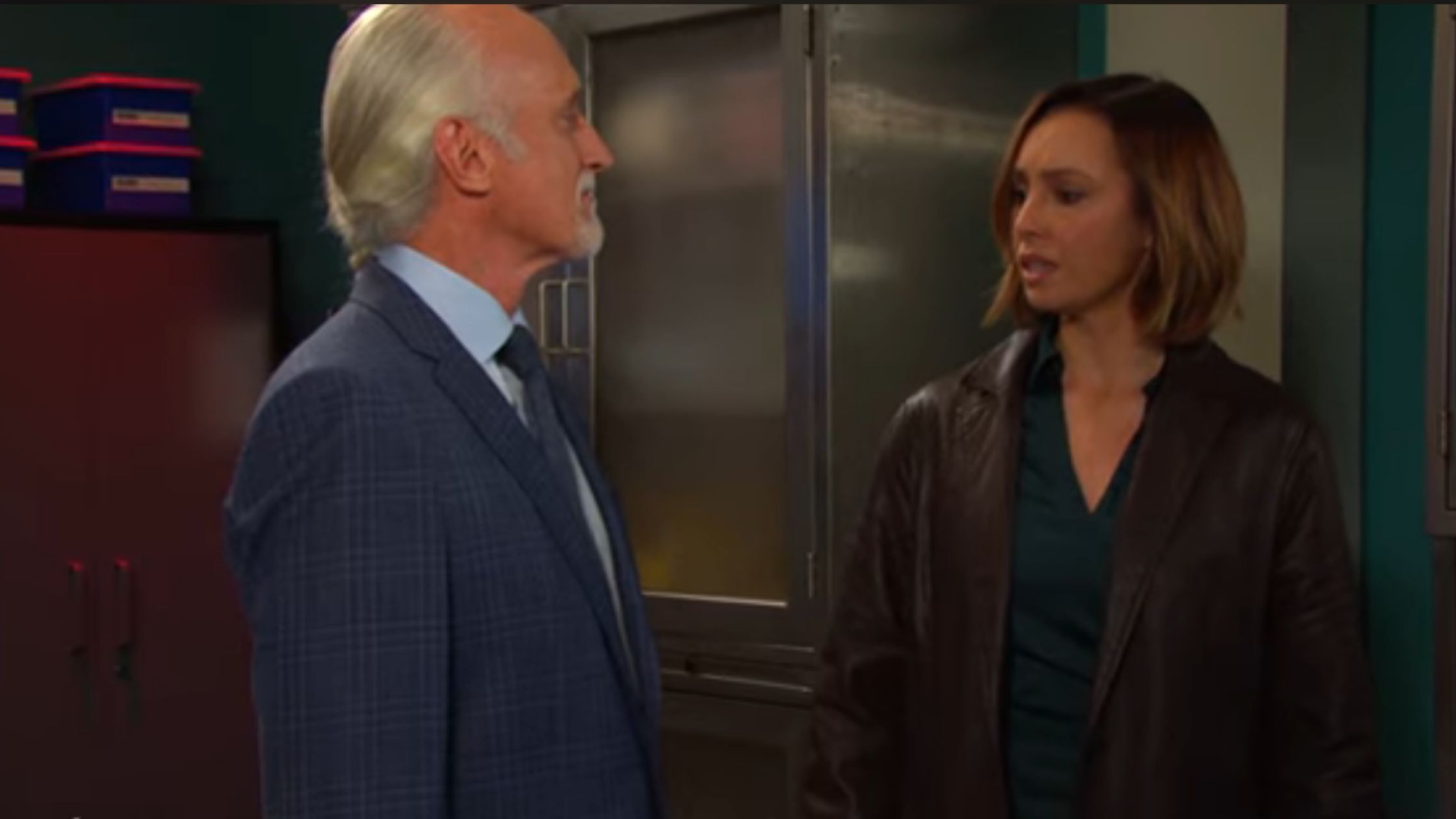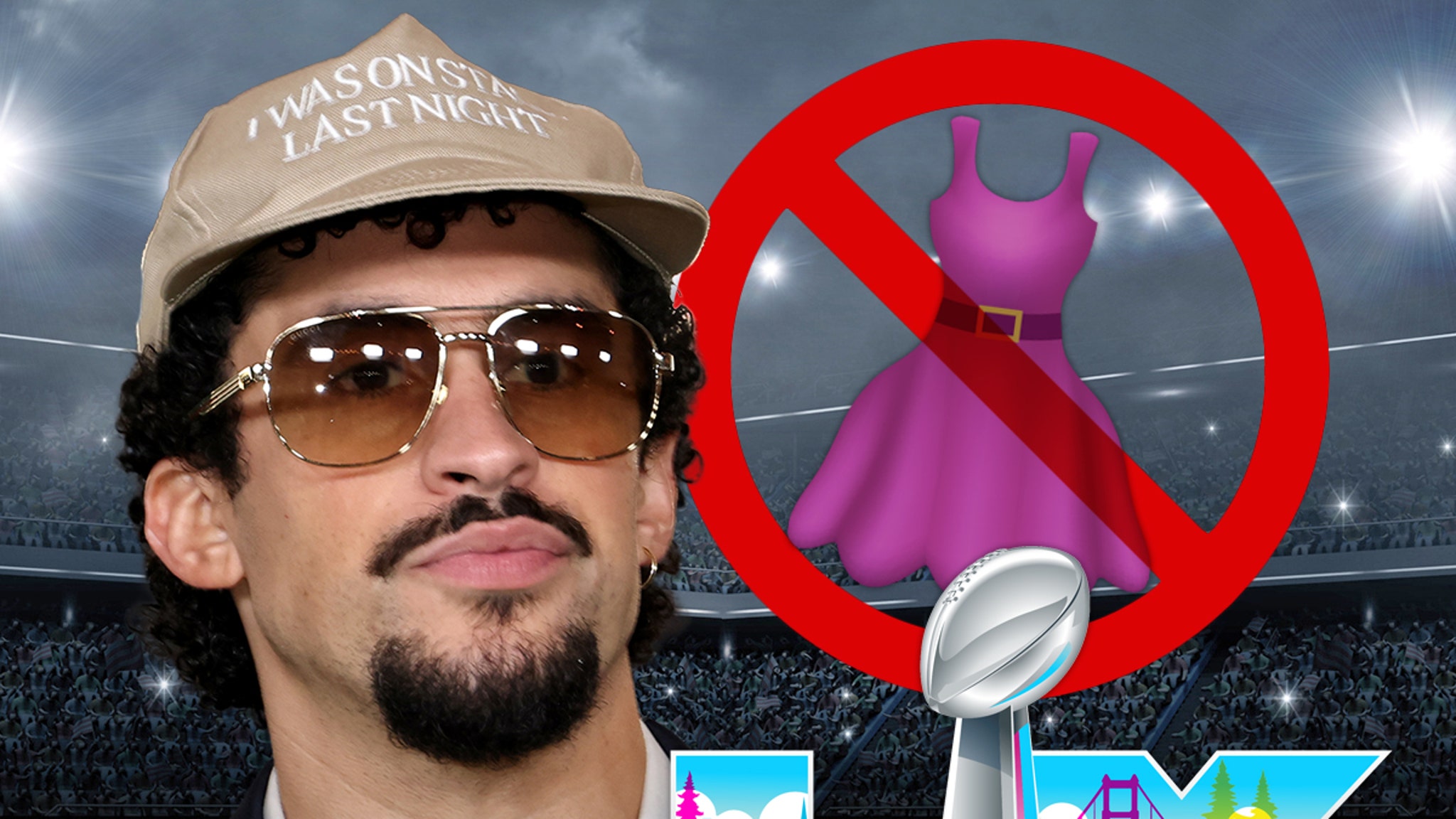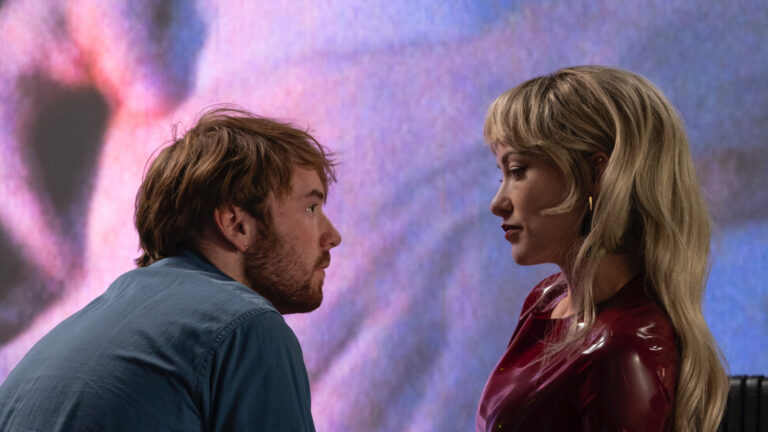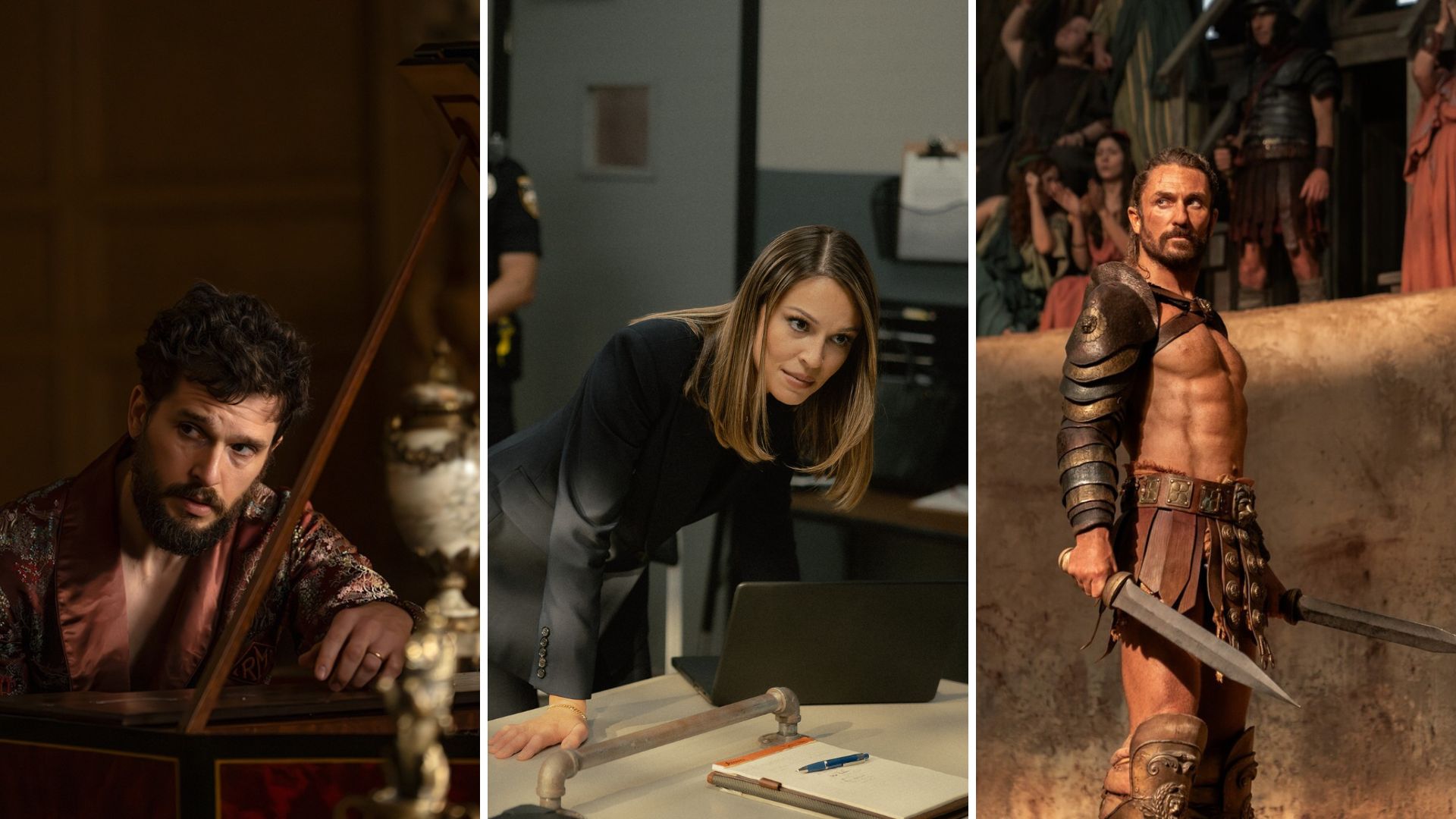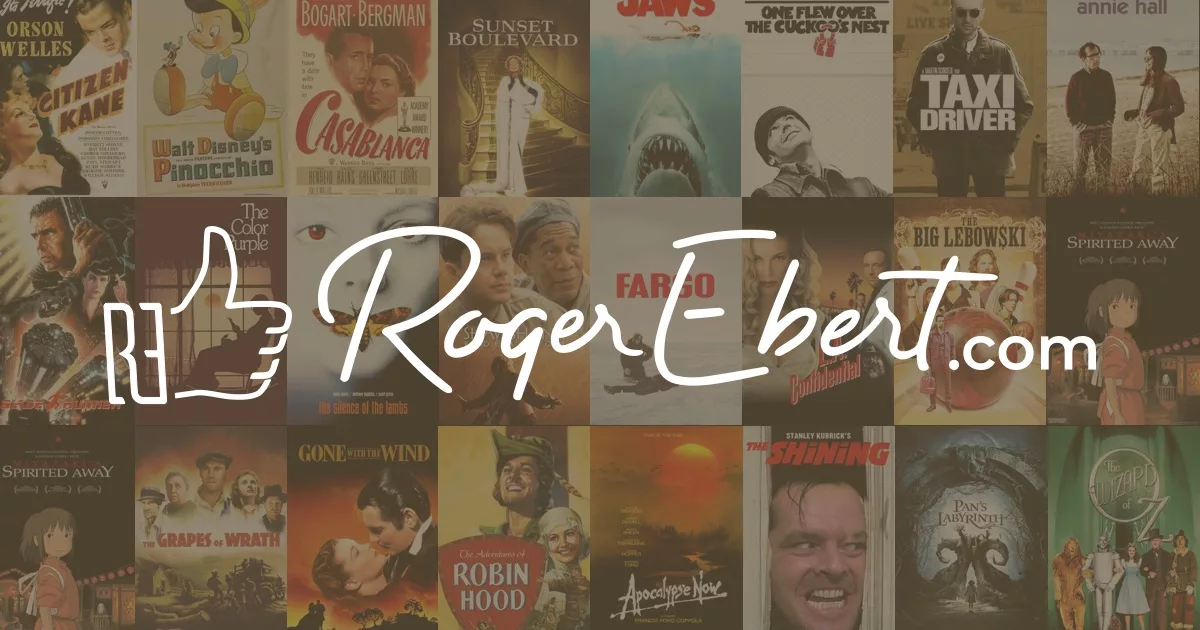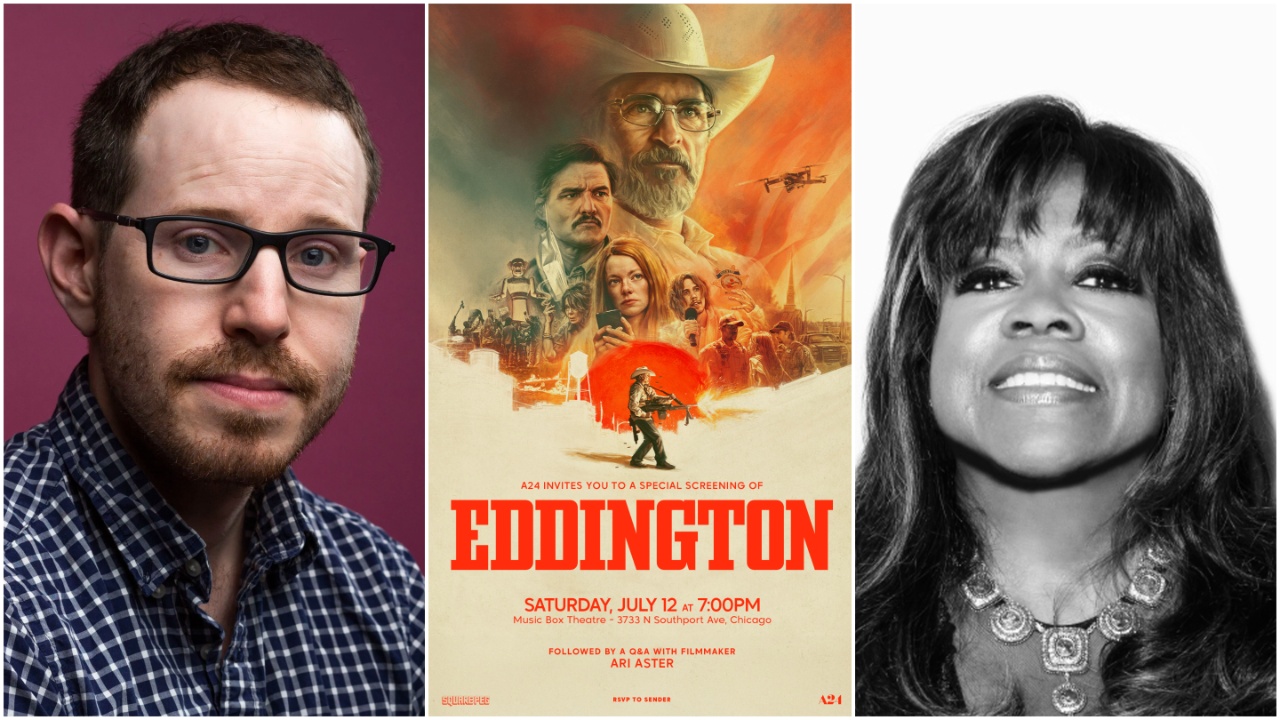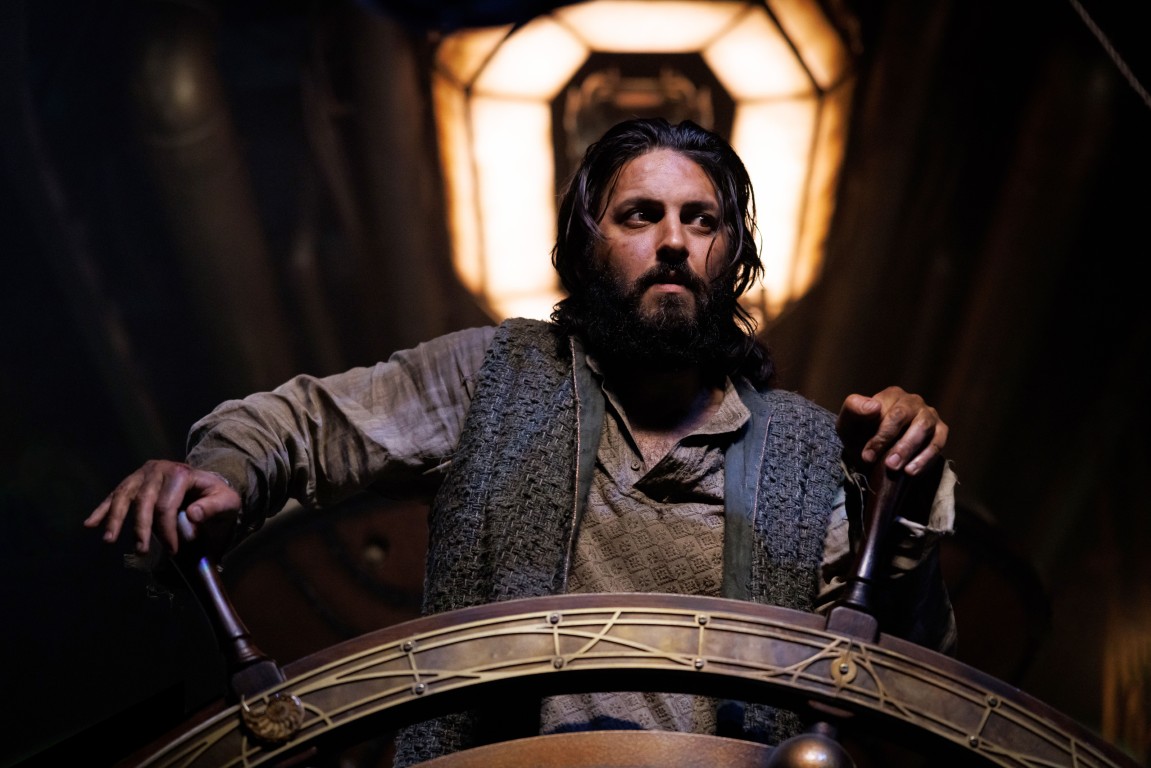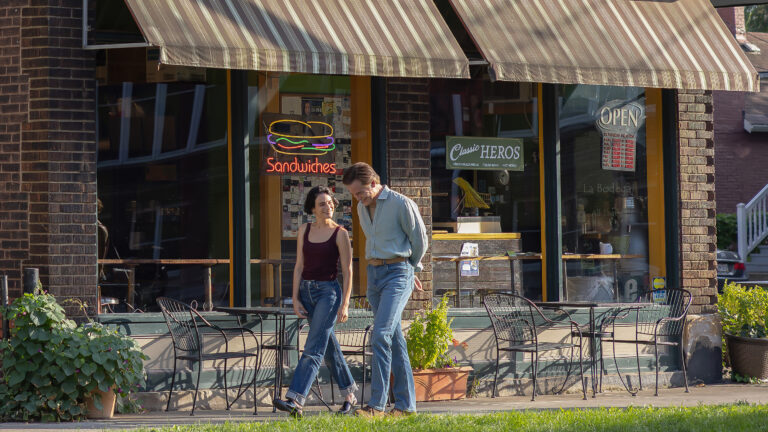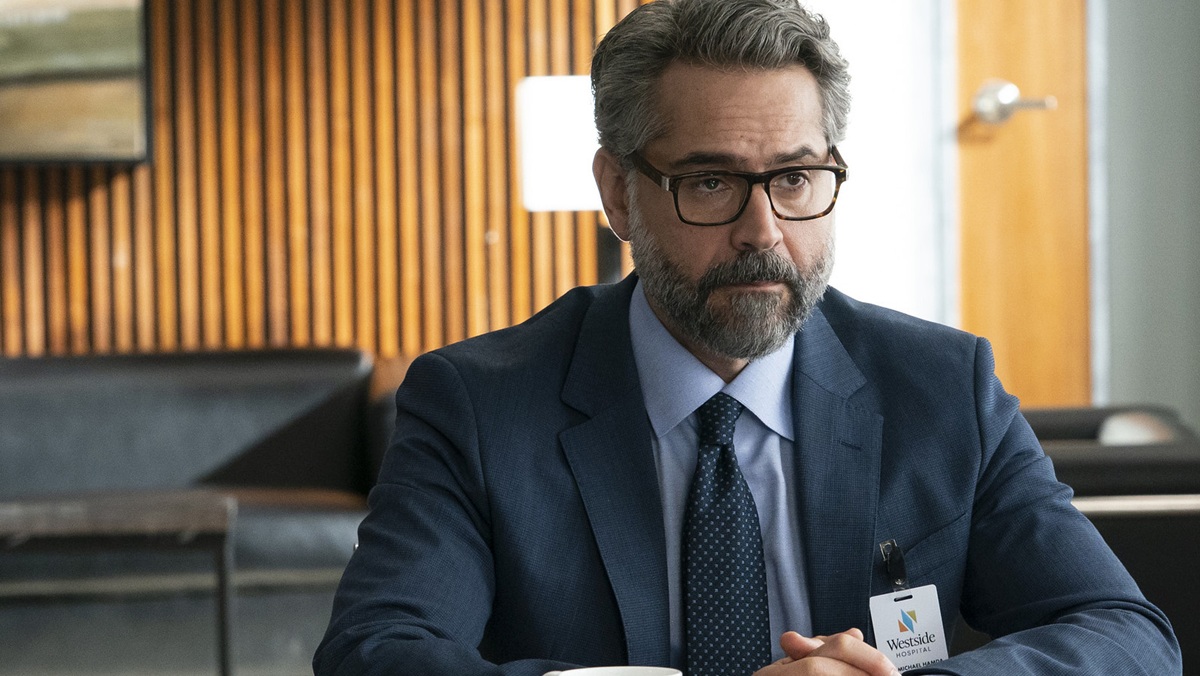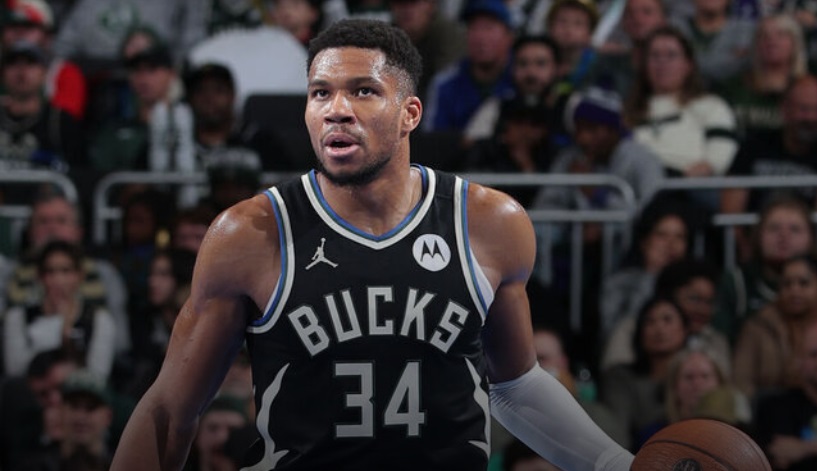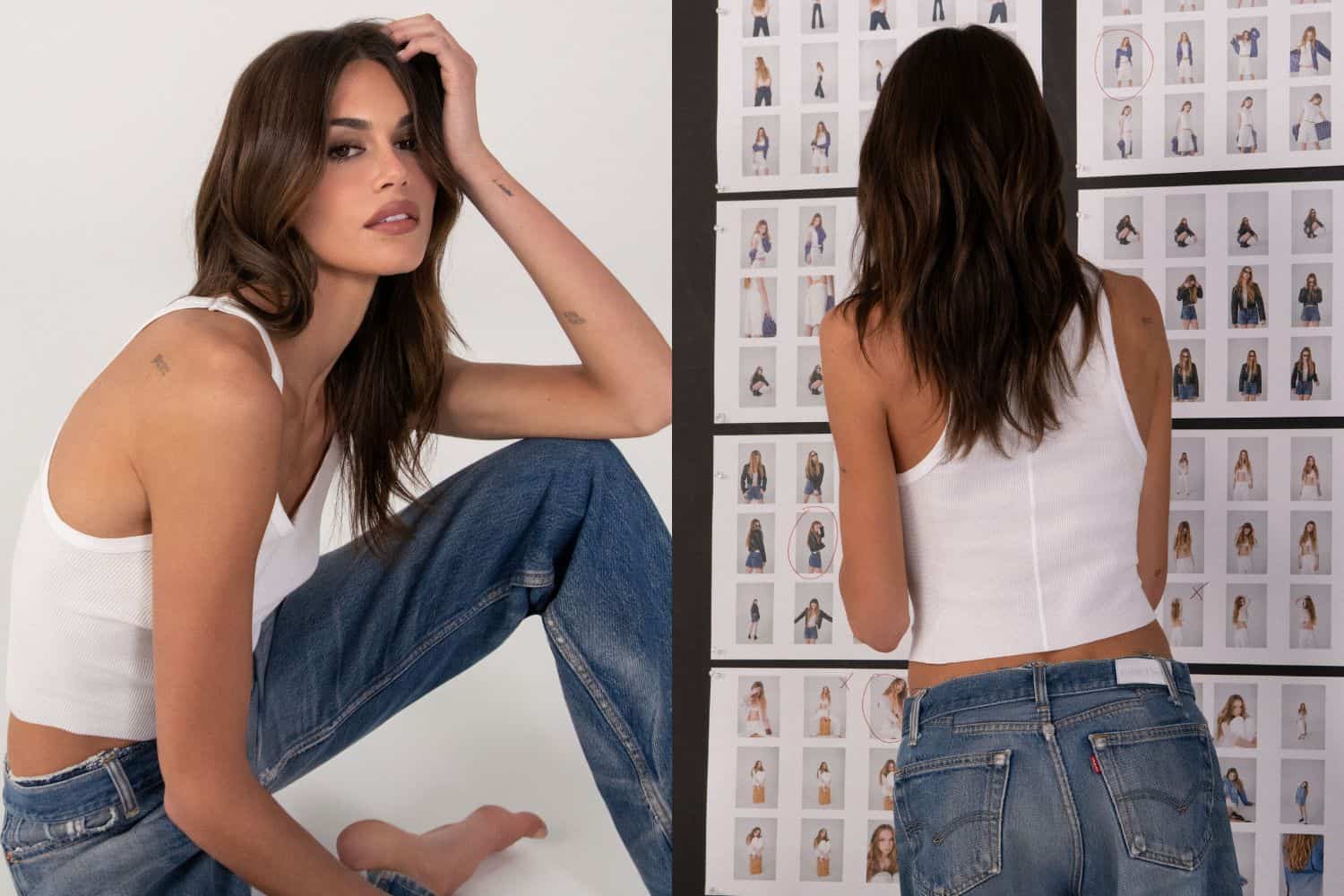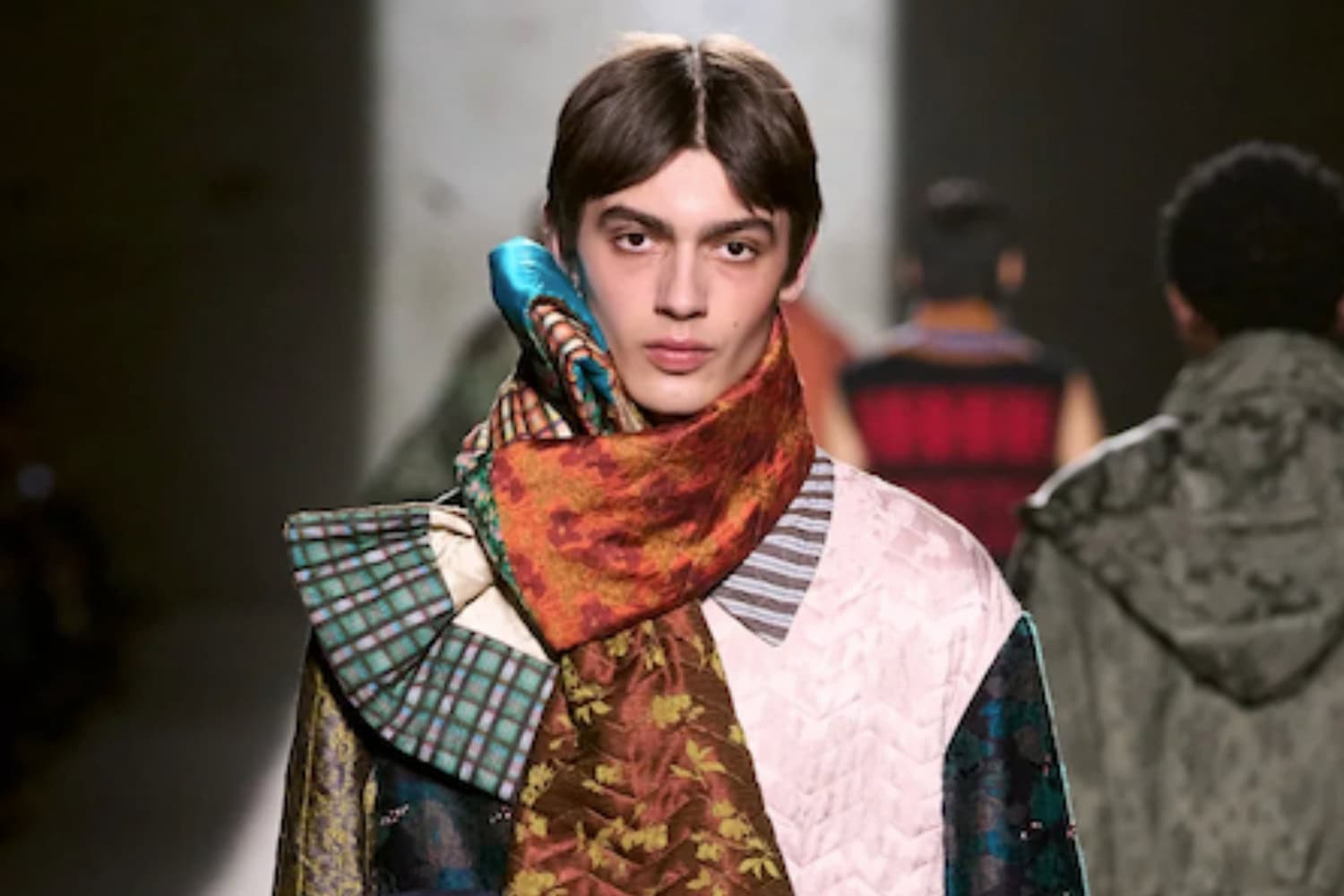But in placing it in—at first—this playful, high-energy, candy-colored setting, it’s sort of an entryway into the more serious and more complicated conversations.
Well, I think so. Part of the challenge is making it not feel like medicine, making it feel like something you’d want to go and see on date night, and then discuss it afterward. By that point, it is not in any way a conventional horror movie, but it’s why I think horror has always been used to kind of discuss the darker, more problematic things. I think of “Get Out” and how expertly it made both the most pleasurable brilliant, funny terrifying film in the world, and nobody left that movie theater feeling or thinking the same way. It’s an extraordinary experience. And then you go back to, like, “Frankenstein” and people’s worry about science replacing God, or “Dracula” and kind of concerns about sex. I think pleasure and enjoyment is a really important tool if you’re going to be discussing stuff that is difficult. And especially if you want to attract people who maybe haven’t thought that deeply about these things. We’re incredibly lucky, I think—those of us who think and talk about all of this stuff very openly, if we have friends who are very open about this stuff. It’s so important. But there are very many people who still haven’t been able to talk about this stuff, so if this helps them then it’s just wonderful.
I just watched this again over the weekend after having watched it a while ago and I realized the second time around how much of a horror movie it is, from the dripping titles to the slow camera push in the lunch scene with Alison Brie to the strings in the score. But it is also funny and it is also heartbreaking. So as you’re writing this movie, how do you find that balance? It’s so tough but it all plays together so seamlessly.
Oh, thank you so much. It’s such an interesting question because I don’t exactly know. Half of it is that it’s like a crossword puzzle, and so I think the fun for me is working out what an audience might be expecting and then being able to sort of both deliver that but in a way that they weren’t anticipating. So much is in the writing, I think, in the decisions of: Oh, what would people be expecting at this stage in this kind of movie? What are the story beats? What are the character arcs we traditionally see here? And then kind of twisting it. So that’s an incredibly fun exercise. But in general, tone is a really tough one to describe because a lot of the time it’s something that, it sort of feels, not innate but it doesn’t feel necessarily like a decision. The thing about writing a film and then getting to direct it is, it sort of exists to you. It just exists—it’s just the facts of life and it’s just about trying to then explain it to other people. It’s a weird thing. I wish I could be more articulate about how tone works.
It’s tricky. And then as an actor yourself (Fennell played Camilla Parker Bowles on season three of “The Crown”), what kind of conversations did you have with Carey Mulligan going into this to find this character who is so fascinatingly complicated?
I mean, Carey’s just such a genius, the moment she read it, it kind of came alive, really. I suppose the one thing is with tone and the genre and the trickery that goes on—the filmmaking element of this movie—the most important thing was that the characters have to be completely real. They had to be played completely straight, that people weren’t playing the genre. And then the most important thing was Cassie. And Carey is so expert at existing, at being that person. She doesn’t do too much, she doesn’t signal the things. We know exactly what she’s thinking, but it’s so still and so considered. That was the thing that was really important, was that whoever played Cassie wasn’t going to play a kick-ass, whip-smart, bad-ass bitch, you know? That it wasn’t sort of “iconic,” as they say. That any temptation to do that was going to be kind of pulled away. She needed to feel like what Cassie is, which is an incredibly traumatized, grieving woman who cannot find an outlet for her anger and cannot find any justice. And that was a very hard person to play, and Carey was just amazing because she not only makes her believable, but whether we like her or not—you know, I love her—but whether people like her or not, we understand what she’s doing and why she’s doing it.
You can view the original article HERE.

